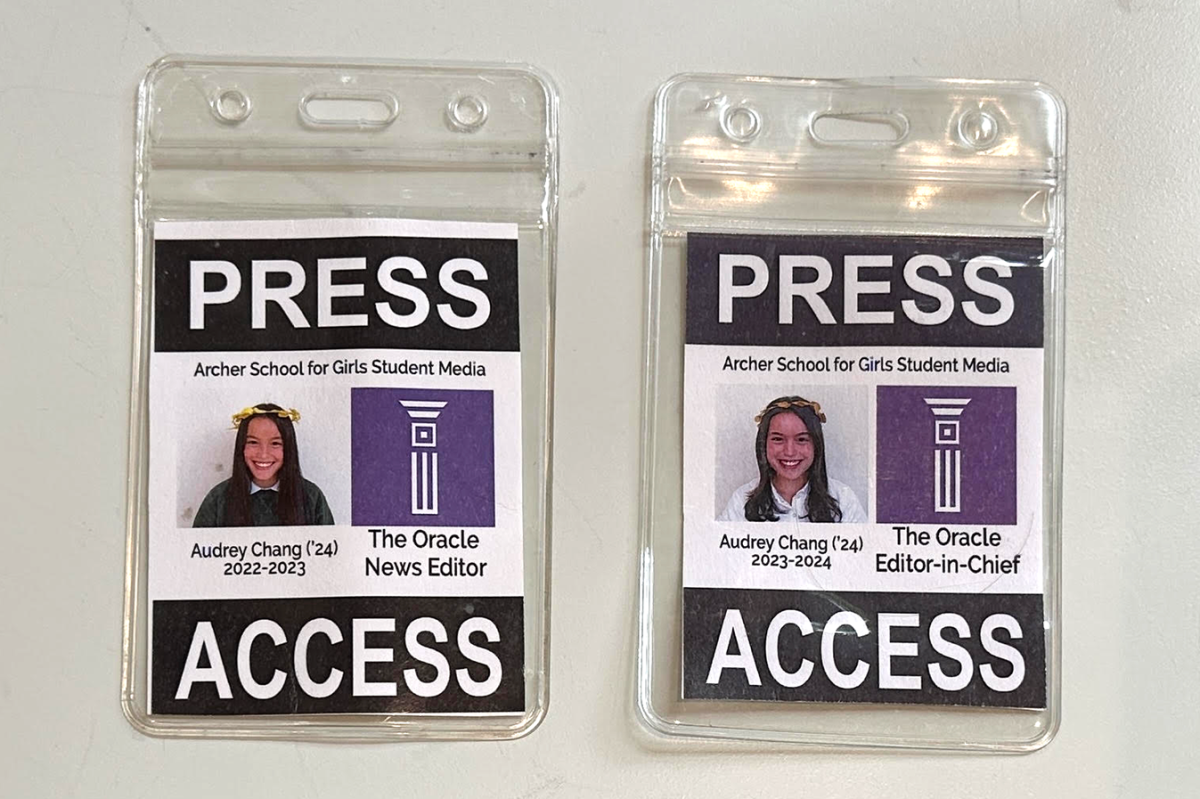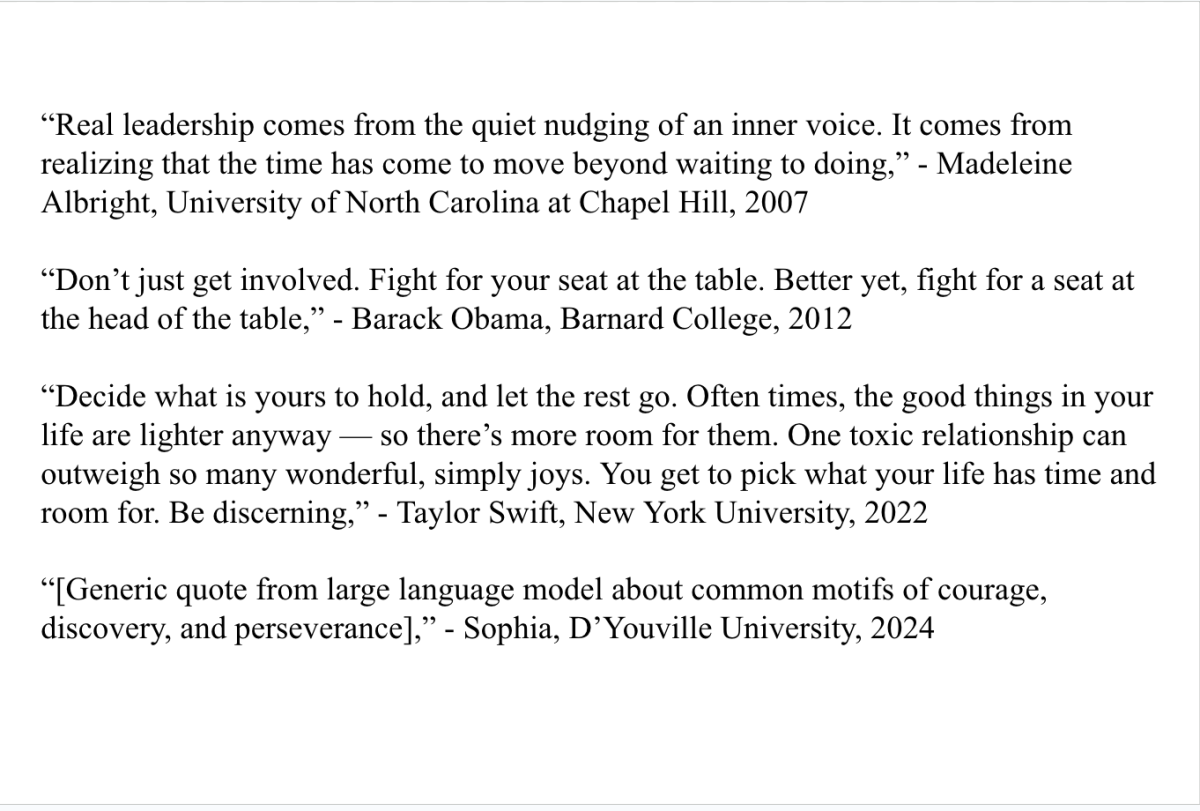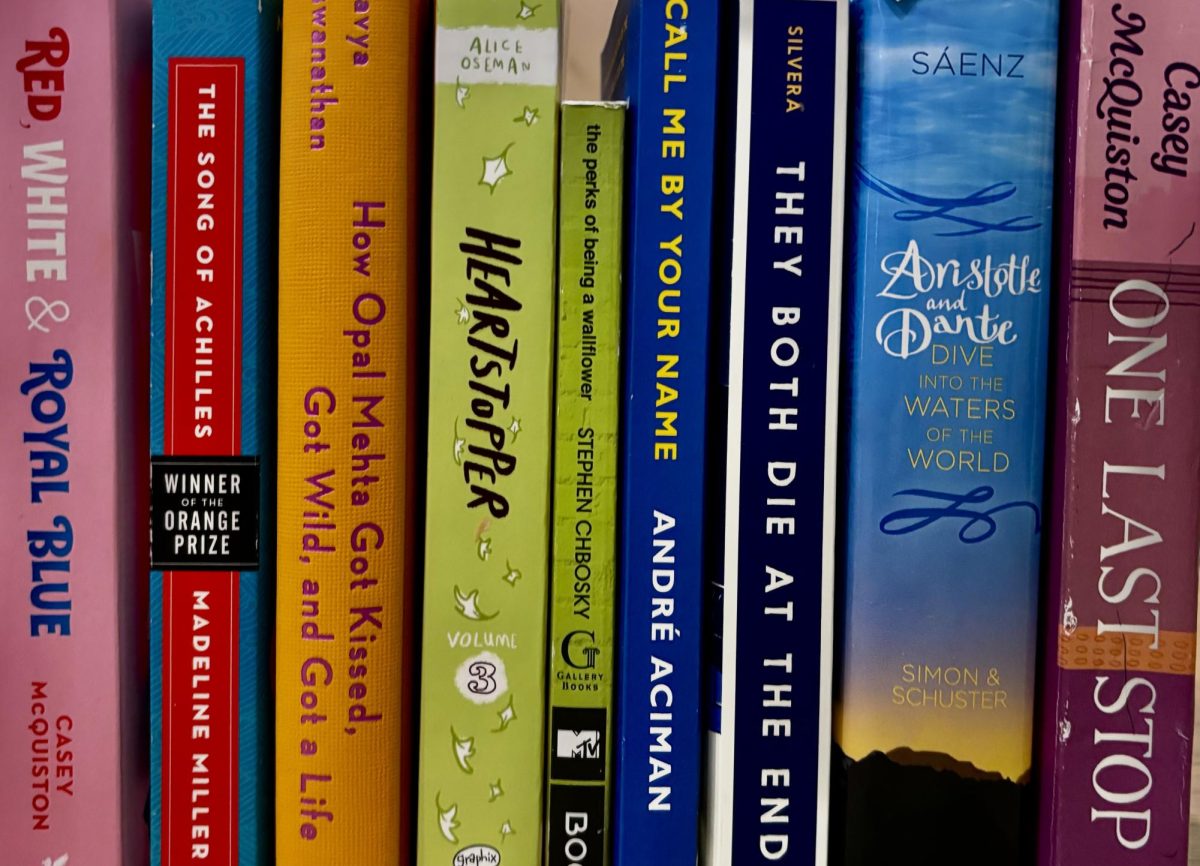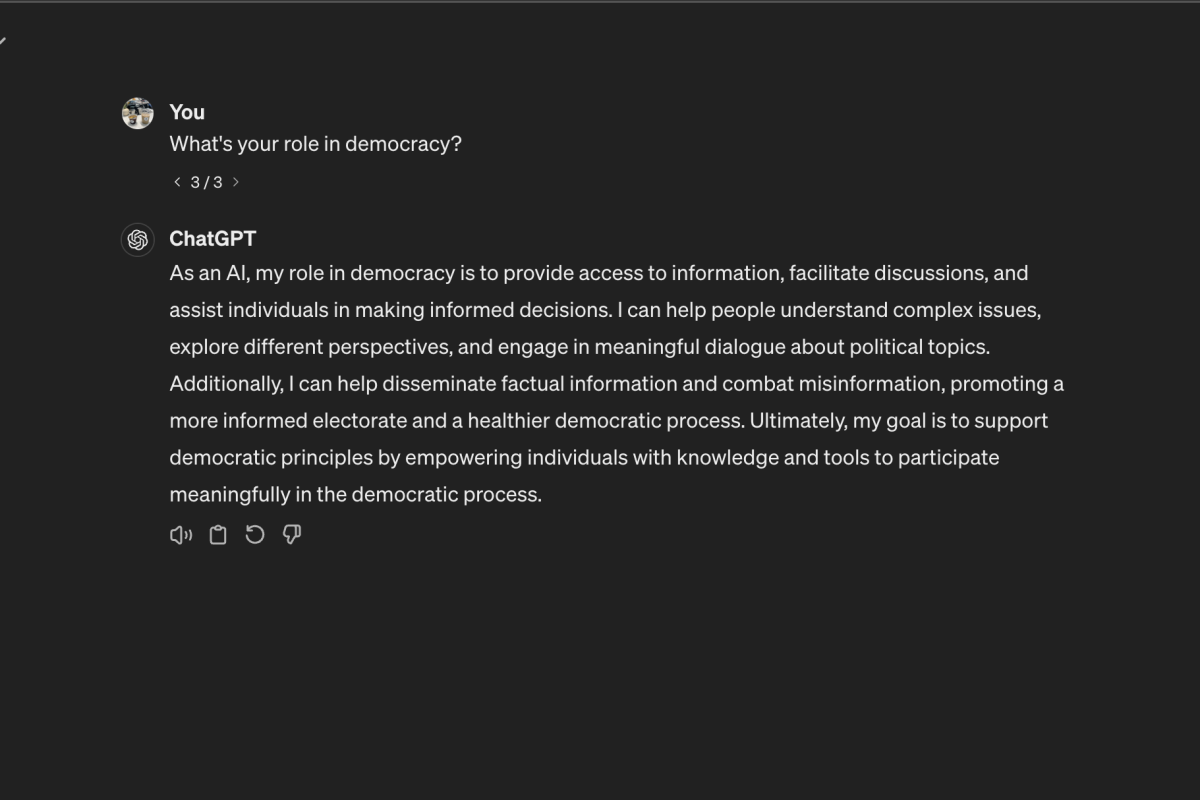For almost two months since terrorist organization Hamas attacked Israel Oct. 7, social media pages, televisions and news feeds alike have been flooded with videos, images and information about the war.
Alongside news, “a slew of misinformation, disinformation and conspiracy theories about the ongoing conflict are percolating on social media,” according to an Anti-Defamation League article.
The American Psychological Association defines misinformation as “false or inaccurate information — getting the facts wrong,” while disinformation is “false information which is deliberately intended to mislead.”
This ADL article debunks false and misleading narratives about the war. According to the article, on TikTok, “Antisemitic influencers and conspiracy theorists claim that Israel was responsible for the Hamas attacks.” The ADL found this completely false; in reality, “The claim that Israel or Jews orchestrated antisemitic atrocities plays into an age-old trope about Jewish control and manipulation,” and Hamas’s “charter states that they have a religious obligation to wage war on Israel.”
Another example of misinformation regarding the war occurred when video game footage was mischaracterized and spread online as a “Hamas fighter shooting down an Israeli helicopter.” Deceiving content like this makes it more challenging for social media users to understand events.
These are just a few — among many — examples of the dangers of spreading false information: It can amplify hatred, reinforce stereotypes and distort people’s perception of reality. Mis- and disinformation has had disturbing impacts on the way people view global conflicts, particularly with how quickly it can spread online.
According to AP News, while nations at war bending the truth to garner support is not new, the fact that the Russia-Ukraine War — Europe’s largest land war in decades — is occurring in the digital age heightens the potential harm of misinformation, as “modern communications technology, theoretically a force for improving public knowledge, tends to multiply the confusion because deceptions and falsehoods reach audiences instantly.”
But media consumers are not just impacted by misinformation when it’s about events overseas. According to a New York Times article, following harmful waves of misinformation about elections and the pandemic, 70% of Americans see false information spreading online as a major threat. For example, an NBC News article states about three in 10 Americans believe Joe Biden only won the 2020 Presidential Election because of voter fraud, despite there being “no evidence that widespread fraud substantially affected the outcome of the 2020 election.”
We believe journalists have an important role to play in dispelling mis- and disinformation. Whether at the national or scholastic journalism scale, practices that uphold truth help communities be more resilient against false claims.
For example, fact-checking processes can include confirming the reliability of information or returning to an interview recording to ensure a quote’s accuracy, and sufficiently contextualizing facts and viewpoints helps them be accurately interpreted, like writing about a speaker’s relevant background.
Despite these processes, journalists are human and will make mistakes sometimes. We believe they should always acknowledge these mistakes in the spirit of transparency.
We aim to implement all of these practices and values on The Oracle, as they align with and allow us to pursue and uphold one of our main goals and ethical pillars: Seek truth and report it.
While providing accurate information for people to fact-check against is important, journalists alone cannot ensure that false information won’t take root. As news consumers, we must all practice strong news literacy habits to avoid being susceptible to false information, especially as we head into the 2024 election year.
Firstly, while it may be tempting, don’t just read the headlines. They are often meant to grab your attention but may represent only a fraction of the information presented in the article. Always read the article itself to understand the full context.
When you see news on social media, fact-check it with a reputable news source — like The New York Times or NPR, for example — and be thoughtful of what you are reposting. Social media can be a useful tool to raise awareness about issues, but it can also facilitate the rapid spread of misinformation, so make sure to fully read and fact-check information before sharing it.
It’s also important to know what type of journalism you are consuming: news, which is objective reporting, or opinion, which is meant to express a certain viewpoint and not meant to be objective. News sites usually label these categories, and by understanding this difference, you can discern what is factual so you can form your own opinion.
Finally, remain curious about what you’re consuming and seek new perspectives from multiple sources rather than using a single source to confirm what you already believe.
Along with combating misinformation, responsibly reporting and consuming news can help us gain a broader, more accurate understanding of the world, move away from binary thinking that generalizes groups and begin cultivating greater discourse and understanding.























